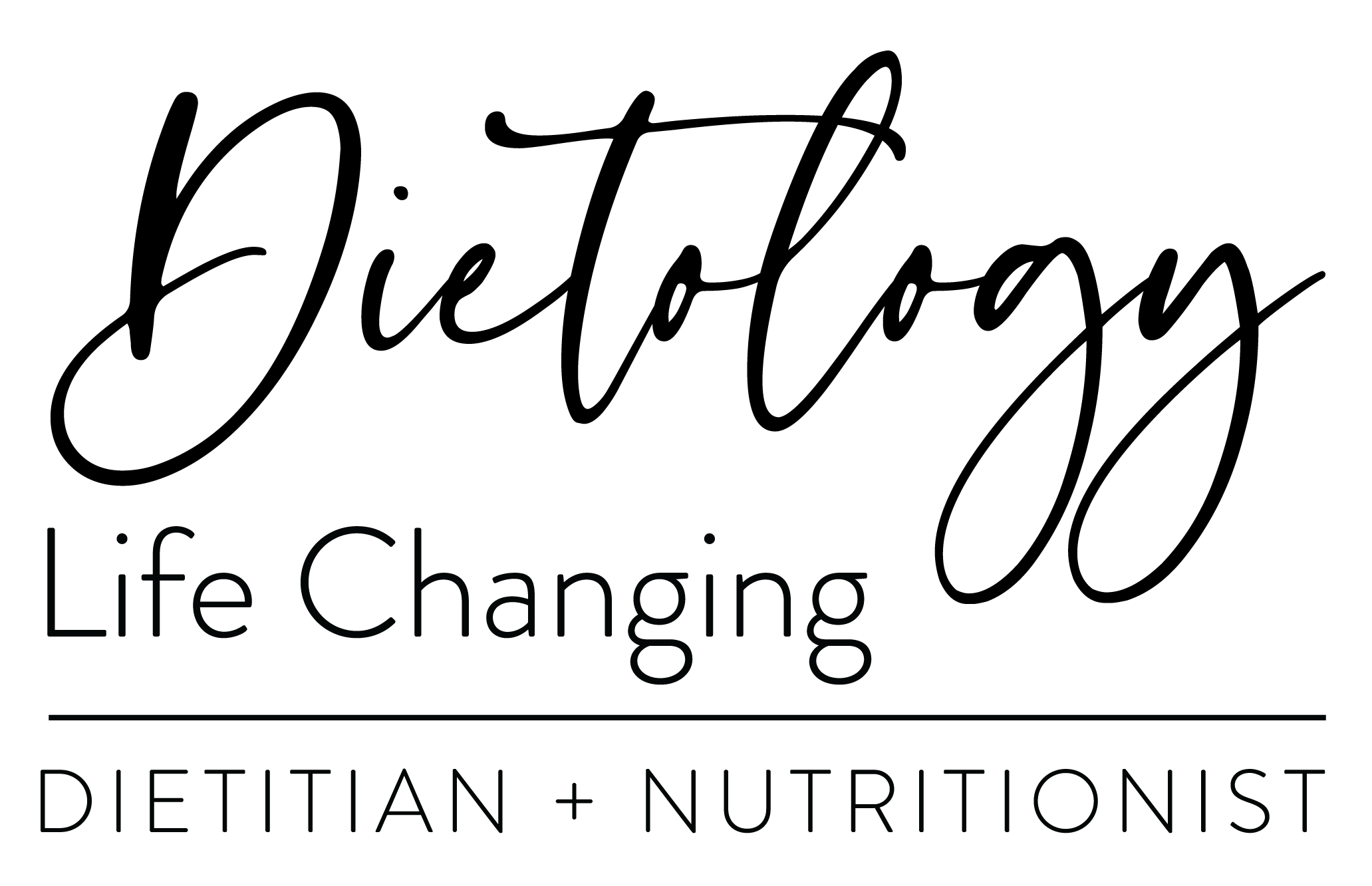The Overlapping Symptoms of Thyroid Disease and PCOS
Thyroid disease and Polycystic Ovary Syndrome (PCOS) are two distinct health conditions that predominantly affect women. However, navigating their overlapping symptoms can be challenging, as they share common signs that often lead to misdiagnosis or delayed treatment.
Understanding thyroid disease
The thyroid gland plays a crucial role in regulating various bodily functions by producing hormones, primarily thyroxine (T4) and triiodothyronine (T3). When the thyroid gland malfunctions, it can result in thyroid disorders, including hypothyroidism and hyperthyroidism.
Symptoms of hypothyroidism
Fatigue and lethargy
Weight gain
Irregular menstrual cycles
Hair loss
Cold intolerance
Symptoms of hyperthyroidism
Weight loss
Irregular menstrual cycles
Anxiety and irritability
Increased heart rate
Sweating and heat intolerance
Understanding PCOS
Polycystic Ovary Syndrome is a hormonal disorder characterized by enlarged ovaries with small cysts on the outer edges. PCOS is associated with an imbalance in reproductive hormones, particularly elevated levels of androgens (male hormones) and insulin resistance.
Irregular menstrual cycles
Both hypothyroidism and PCOS can cause irregular periods, making it a common symptom in both conditions. These include:
Weight changes
Weight gain is a shared symptom of hypothyroidism and PCOS, contributing to the complexity of diagnosis.
2. Fatigue:
Fatigue is a pervasive symptom in both conditions, affecting the overall quality of life for individuals with thyroid disease and PCOS.
3. Hair loss
Thyroid dysfunction and PCOS can lead to hair thinning or loss, creating an additional challenge in distinguishing between the two.
4. Mood changes:
Anxiety, irritability, and mood swings are overlapping symptoms, making it crucial to consider a comprehensive approach to diagnosis.
How to navigate the overlapping symptoms
Comprehensive testing:
Accurate diagnosis requires a thorough examination, including blood tests to assess thyroid function, hormone levels, and other relevant markers.
Multidisciplinary Approach
Collaboration between endocrinologists, gynaecologists, dietitians, and other healthcare professionals is essential for a holistic understanding of your health.
Lifestyle modifications:
Healthy lifestyle choices, including a balanced diet and regular exercise, can contribute to managing both thyroid disease and PCOS symptoms.
Medication and hormone therapy:
Tailored treatment plans, such as thyroid hormone replacement therapy and medications to address hormonal imbalances, can effectively manage symptoms.
A nutritionist plays a crucial role in managing and improving your health with thyroid disorders (such as hypothyroidism or hyperthyroidism) and polycystic ovary syndrome (PCOS).
Both conditions can significantly impact metabolic health, hormonal balance, and overall well-being.
Recognising the overlapping symptoms of thyroid disease and PCOS is crucial for accurate diagnosis and effective management.
Understanding the complexities of these conditions and the development of a personalised treatment plan that address the unique challenges posed by these conditions, will help empower you to make informed decisions about your health and wellbeing.

